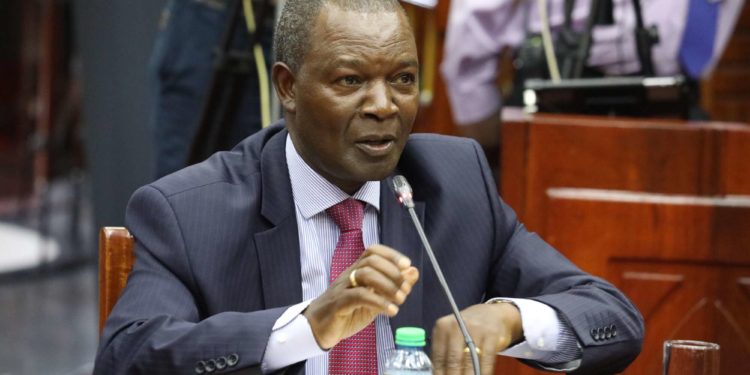Treasury Cabinet Secretary Njuguna Ndung’u has introduced revised regulations aimed at facilitating easier access for companies seeking to go public on the Nairobi Securities Exchange (NSE). The key modification involves a relaxation of the criteria previously required for companies to initiate initial public offerings (IPOs). Previously, firms were mandated to demonstrate profitability in three of the last five years; however, the new regulations now necessitate proof of profitability at least once in the same period.
The adjustment is intended to address a prolonged seven-year period of inactivity in IPOs at the exchange, a situation attributed to a challenging business environment exacerbated by factors such as the COVID-19 pandemic, the Russia-Ukraine war, and interest rate hikes by central banks in developed nations. The prevailing conditions have posed difficulties for numerous businesses in enhancing their financial performance.
Under the revised regulations, companies are still expected to exhibit strong growth potential and a positive revenue-earning record within the last five years of their operations. Notably, the relaxation of listing requirements extends to companies targeting the SME Market Segment, where profitability is not mandatory. Nevertheless, these entities are required to present a credible and auditable business plan showcasing the potential for future profitability.
The NSE has grappled with a prolonged absence of IPO activity, with the last share issuance occurring in October 2015. Stringent listing requirements and high fees have historically been cited as obstacles contributing to this period of inactivity. Michael Odundo, a research analyst at the Standard Investment Bank, highlighted that some quality companies opt to list during challenging times, further contributing to the overall IPO drought.
The regulatory changes are introduced at a pivotal juncture when the government has identified 11 State-linked entities, collectively valued at over KES 200 billion, for privatization. Noteworthy government-owned firms slated for privatization include the Kenya Pipeline Company, Kenyatta International Convention Centre, Kenya Literature Bureau, New Kenya Cooperative Creameries, and the Kenya Seed Company.
In addition to easing profitability criteria, the new regulations broaden the range of entities permitted to issue securities, now encompassing limited liability partnerships. The revised rules also streamline the three market segments—Main Investment Market Segment, Alternative Investment Market, and Growth Enterprise Market Segment—into two categories: the Main Investment Market Segment and the SME Market Segment.
These regulatory adjustments are expected to reinvigorate the NSE by enhancing accessibility for companies seeking to go public, thereby facilitating capital raising and potentially attracting a diverse range of entities to the market. These changes align with broader efforts to stimulate economic activity and foster growth.
















